Western decline, multinational suppliers turn to Chinese auto brands
![]() 10/18 2024
10/18 2024
![]() 599
599
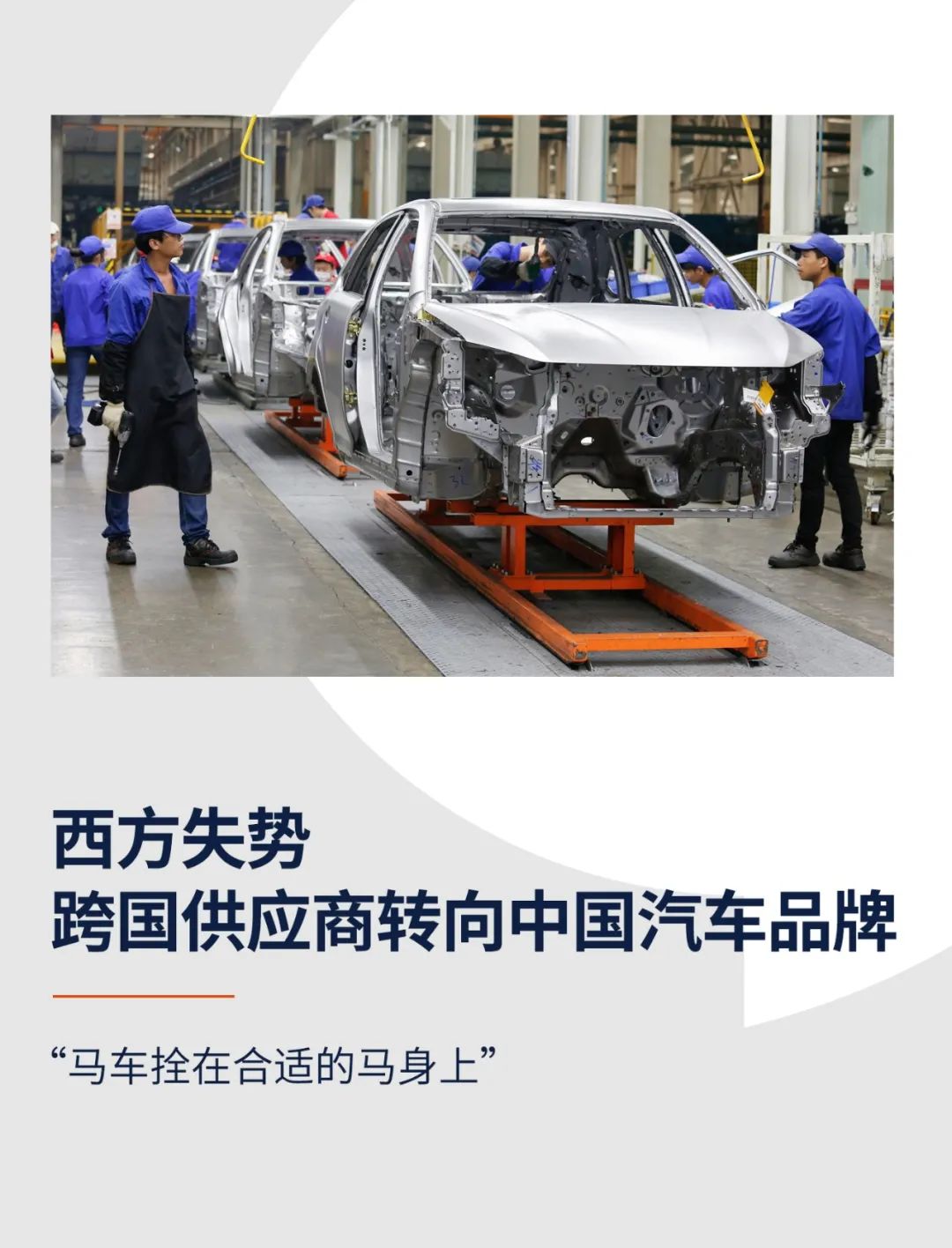
Compiled by Yang Yuke
Edited by Li Guozheng
Produced by Bangning Studio (gbngzs)
The rapid rise of Chinese electric vehicle manufacturers and the sharp decline of Western automakers in the Far East have forced multinational auto suppliers into a corner.
As Ford, General Motors, Stellantis, and other traditional Western automakers rapidly lose ground in China, their suppliers have had to reconsider their business strategies.
These multinational suppliers are pulling out all the stops, hoping to use their best innovations to attract BYD, Geely, and other rapidly rising Chinese automakers, and maintain their position in China, the world's largest automotive market.
However, these 'newcomers' who once focused on global expansion are destined to experience the challenges of 'acclimatization' in the Chinese market.
First, the rules of the Chinese market differ from those of Western markets. Several executives from multinational suppliers who do business with Chinese automakers say that in China, intellectual property theft is rampant, contract terms are more stringent, and profit margins are now generally the lowest.
In addition, American companies are also affected by heightened geopolitical tensions and tariff wars.
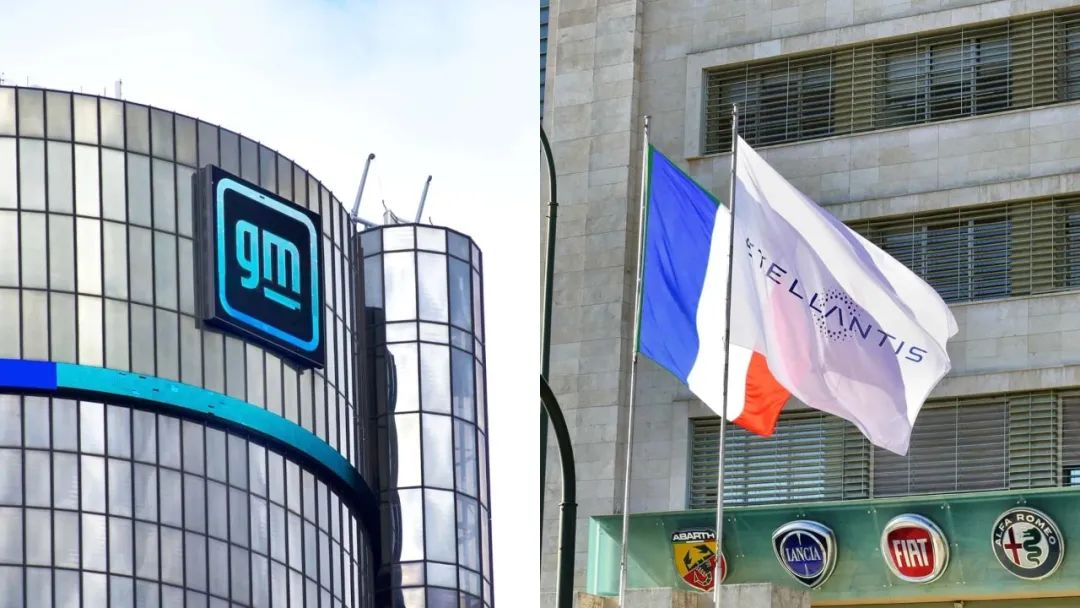
Even so, Chinese automakers are still able to offer something that multinational automakers cannot - electric vehicle sales. For suppliers, the long-term survival rule is to hitch your wagon to the right horse, and there is no doubt that the right 'horse' at present is the Chinese automakers who are winning the race to electrification.
According to the China Association of Automobile Manufacturers, China's sales of new energy vehicles, including battery-powered vehicles and plug-in hybrid vehicles, are expected to reach 11.5 million this year, far exceeding one-third of China's total sales of light vehicles. By 2030, new energy vehicles are expected to account for more than 75% of China's new vehicle sales.
According to an analysis by Alix Partners, local brands currently account for 65% of China's new vehicle sales and will occupy 90% of the market share by 2030.
This is an amazing transformation. Just four years ago, over 60% of the cars sold in China were gasoline-powered brands from foreign manufacturers.

This has put suppliers such as French-based Novares in a difficult position. Pierre Boulet, CEO of Novares, said that in the Chinese market, Novares' orders from General Motors have declined by more than 50% this year compared to last year, while orders from Ford have declined by 80% over the past two years.
Although Novares has not lost any contracts with Detroit automakers, these contracts have become worthless pieces of paper because sales have dried up. BMW Group is the only traditional automaker that can still make normal use of the supplier's product portfolio.
'The others (automakers) are struggling,' Boulet said. 'Our customers are losing market share in China.'
Therefore, Boulet had no choice but to try to squeeze into Chinese projects, and fortunately, Novares recently won business from BYD and Great Wall Motor. Meanwhile, the intense competition for contracts has given these Chinese automakers a huge advantage.
Several multinational supplier executives said that until recently, their profit margins in China were 2-3 times those of projects in the United States or Europe, but now, profit margins in the Far East are significantly lower than those in other parts of the world.
Executives added that Chinese automakers typically require suppliers to pre-invest in all aspects of a project, including R&D, with payment terms for shipments that can approach a year (two months in the United States), and suppliers must accept dual sourcing.
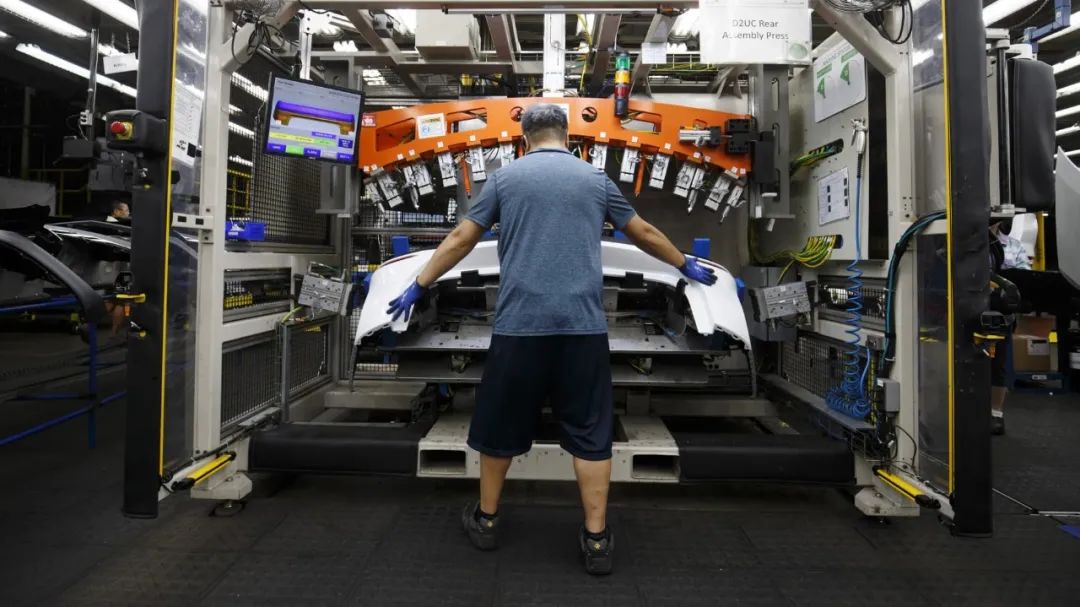
Typically, the more innovative a product is, the greater the room for profit expansion. That's why Chinese automakers are stepping up their R&D efforts on electric vehicles. But that's not the case in North America, where suppliers are still footing the bill for bankrupt electric vehicle projects.
'The current environment is a bit confusing,' Boulet said. Like many other CEOs and directors around the world, he is developing a strategy for future development. 'On the one hand, the situation pushes us to continue to commit to innovation; on the other hand, the reality is that we don't have enough sales, so why should we spend money on this? It will be a tough debate to decide where we should put our money,' he said.
Although the risks of doing business with the Chinese are high, the risks of not doing so are even greater.
Participating in global electric vehicle projects has been a top concern for supplier investment analysts, who are pressuring multinational supplier executives to ask how they are hedging against the impact of lower-than-expected sales in North America and how they are expanding their business with Chinese automakers.
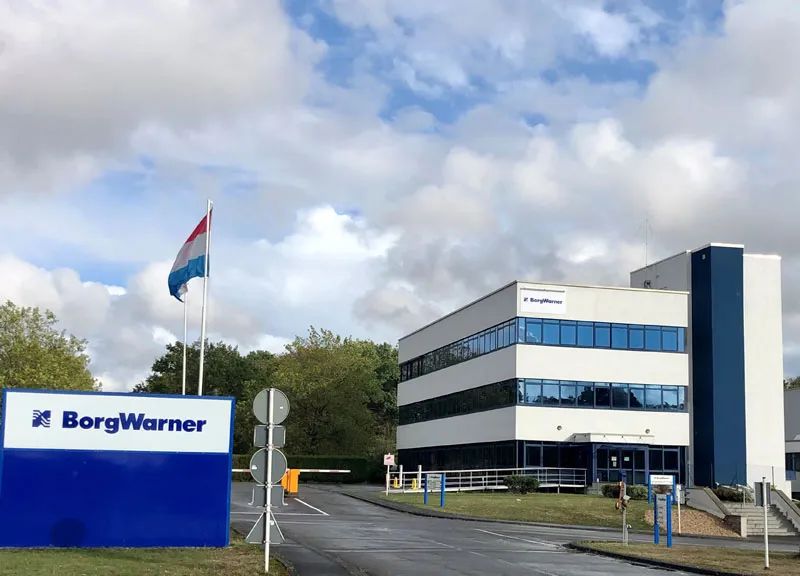
In June last year, BorgWarner CEO Fred Lissalde said at the Wells Fargo Industrial Conference: 'Our strategy in China is important to us, first and foremost, because it generates revenue in China.'
'Secondly, and more importantly, when the Chinese localize production in the Western world, as has already happened in Hungary, Italy, Spain, and Mexico, we are well-positioned to be their preferred partner,' Lissalde noted.
BorgWarner's revenue in China fell 17% last year, accounting for 20% of its total sales. The supplier relies heavily on companies like BYD, XPeng, and Li Auto to regain lost ground. Three-quarters of the company's business in China comes from Chinese automakers, compared to less than half just a few years ago.
Pat McCann, CFO of another supplier giant, Magna International, said that a key part of its vehicle assembly strategy is to help Chinese automakers enter the European market.
'We are talking to Chinese OEMs - can we get them into the European market faster, can we produce high-quality products for them, can we help them get automotive certifications in the European market faster,' McCann said at a Morgan Stanley investor conference on September 12.
Magna's sales in China are around $7 billion. Currently, 50% comes from Chinese automakers, compared to 85% from traditional automakers just a few years ago.
'We have established partnerships with some larger companies that have momentum,' McCann said. 'So when they enter new regions, it makes more sense for them to find existing local capacity...This is an opportunity for us to advance our participation.'
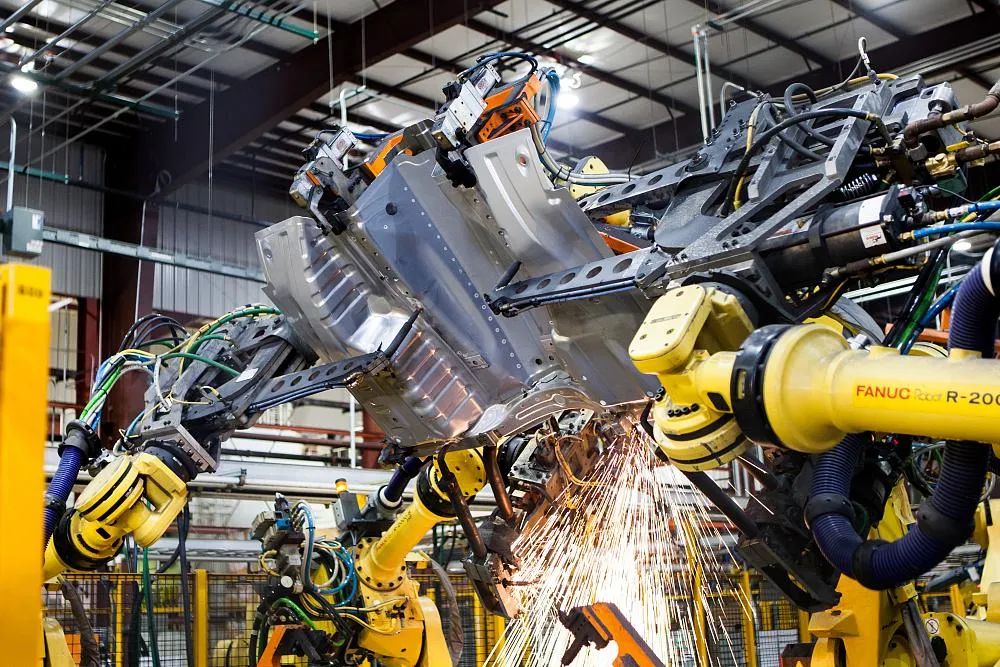
At the same conference, Kevin Clark, CEO of Aptiv, said that 55% of the company's $4 billion business in China comes from Chinese automakers. Just three or four years ago, nearly 80% of the business was with traditional automakers.
'Are Western OEMs facing challenges in China? The answer is yes,' Clark said. 'Part of it is culture, part of it is speed, and part of it is national pride that consumers care about.'
Jason Cardew, CFO of Lear, emphasized at the meeting how different Chinese automakers operate.
'Certainly, we can learn a lot from the Chinese,' Cardew said. 'Compared to our traditional customers, local Chinese companies have found a new way to develop and bring cars to market.'
A year ago, 80% of Lear's business in China was with Western automakers. That percentage has now dropped to 70%, with two-thirds of its backlog now coming from Chinese OEMs.
Similarly, Lear's local competitor Adient is also aggressively pushing its domestic business in China.
In an investor presentation last year, McCann made the comment: 'Yesterday's winners aren't necessarily tomorrow's winners.'
(This article is partially based on reports from Crain's Detroit Business, with some images sourced from the internet)






